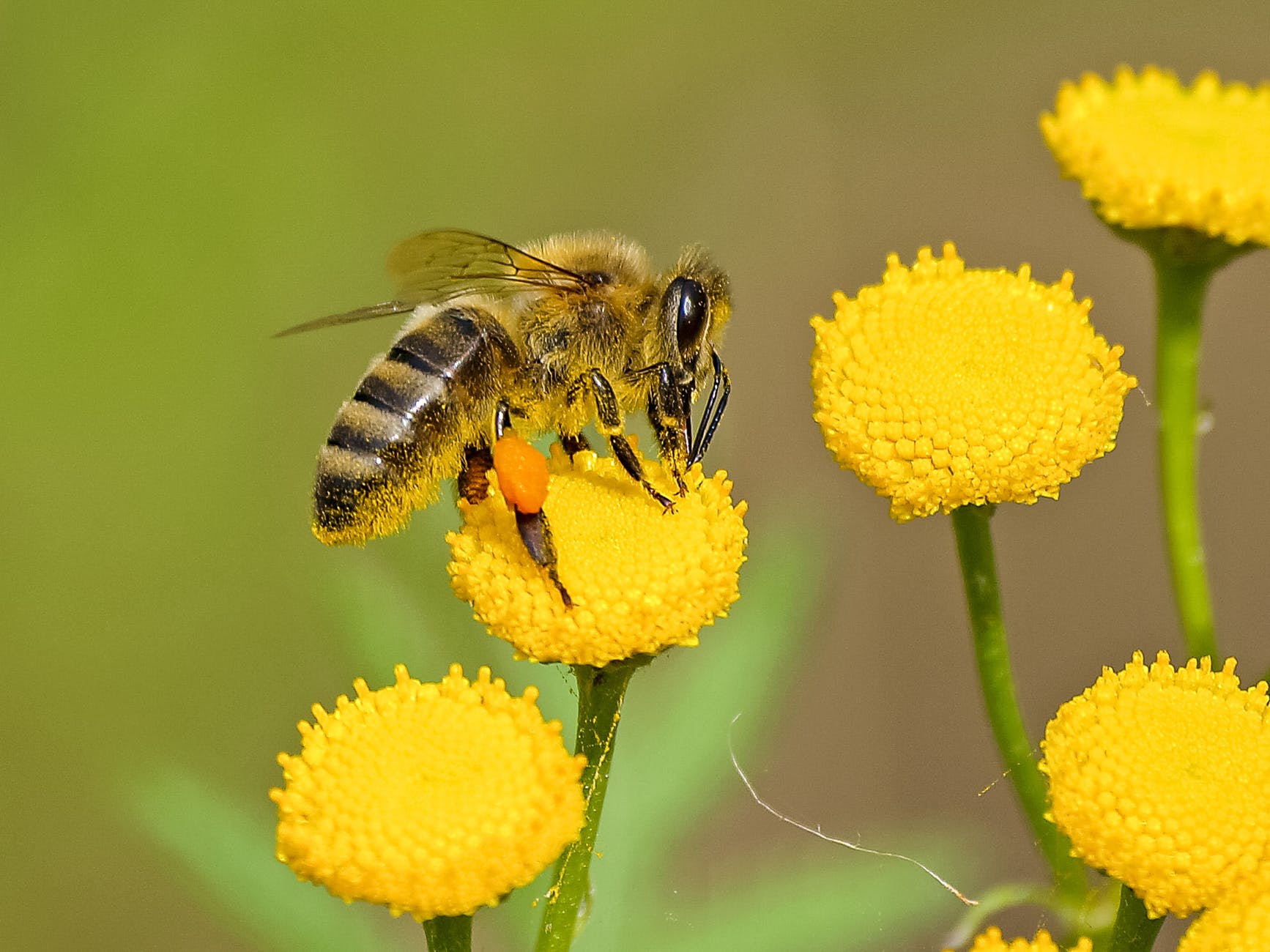Having a fantastic time on my MBA with Edinburgh Napier, and this week we’ve been discussing authentic and sustainable leadership. I got to thinking how within organisations, sustainability is more often applied to supply chains, but I could find little about how we can develop our research departments, or R&D more generally in a sustainable manner.
I found this paper by Gayle Avery and Harald Bergsteiner a useful start. It talks about different modes of sustainable leadership – the Honeybee or the Locust. The Honeybee representing practices that are more collegiate and open, and the Locust perhaps more traditional and hierarchical. I think this can be applied to R&D as a starting point to consider elements and practices that are sustainable – or not – within organisations.

Why is this important to me?
- R&D is cost – labour- and resource intensive and therefore likely to have a significant impact. R&D investment can be anywhere up to 10% of turnover, and for big industry therefore several £ million per year.
- My research partnerships at Pukka Herbs span 20+ universities, and I’d like to know the impact of them on the ‘triple bottom line ‘ Planet, People and Profit.
- I’ve had a go at applying some of my research approaches to Gayle and Harald’s framework by looking at ‘foundation elements’ which I prefer to call goals.
| FOUNDATION GOALS | MY APPROACH | REFLECTION |
| Studentship recruitment | Proactive in recruiting women scientists and from diverse student bodies (Inclusive language in adverts, sharing to diverse groups) | I feel this is being achieved with students from around the globe, and from diverse background. I could always do more |
| Partnership development | Proactive in seeking diverse organisations (e.g. not from top university Mission groups); proactive in working globally where possible | Achievable for many projects, but not where specialist knowledge or techniques are required. For commissioning labs, it isn’t always easy to gain the information to make this judgment. Ease of shipping of herbs/products for testing also a determining factor |
| Developing students | All students are supported to speak at conferences and publish (will cover registration fees, publishing fees if required); introducing science communications training in 2021 | This has been a great success and enables students to participate where they would not have university support. As we grow, I’ll probably need to set some parameters |
| Valuing students and partnerships | Valuing the partnership and the people; supporting them where possible with wellbeing goodies and giving access to our online learning | |
| Long-term perspective | We are transparent about our mission and longer-term goals, and that our relationships aren’t just about commissioning research | This is paying dividends with relationships now deepening with some partners |
| Sharing our company vision | All students/partners are introduced to Pukka’s philosophy and foundations; students company inductions | Scope for deeper discussions how some of these elements can be embedded more within university research teams; quite a superficial stance for now |
But this isn’t quite what I’m looking for
There are also higher-level goals that are useful, particularly when reflecting on my approach to knowledge exchange and openness:
| Knowledge sharing | From Day 1 our Pukka Research adopted Open Science approaches to be transparent and encourage knowledge sharing and accessibility | Probably one of our strengths given my background in Open Education; interesting that society and science bodies now all call for this; we publish under open licenses where possible and share all our data and workings openly for our own research; we need to bring partners on board! |
But what I’m looking for now, is more of a technical framework to help me think about:
Use of plastic materials in laboratories #PlasticFree
Resources and consumables
Waste disposal
More sustainable methods such as in silico modelling (computer modelling, big data)
WATCH THIS SPACE FOR MORE AND I LEARN MORE!
